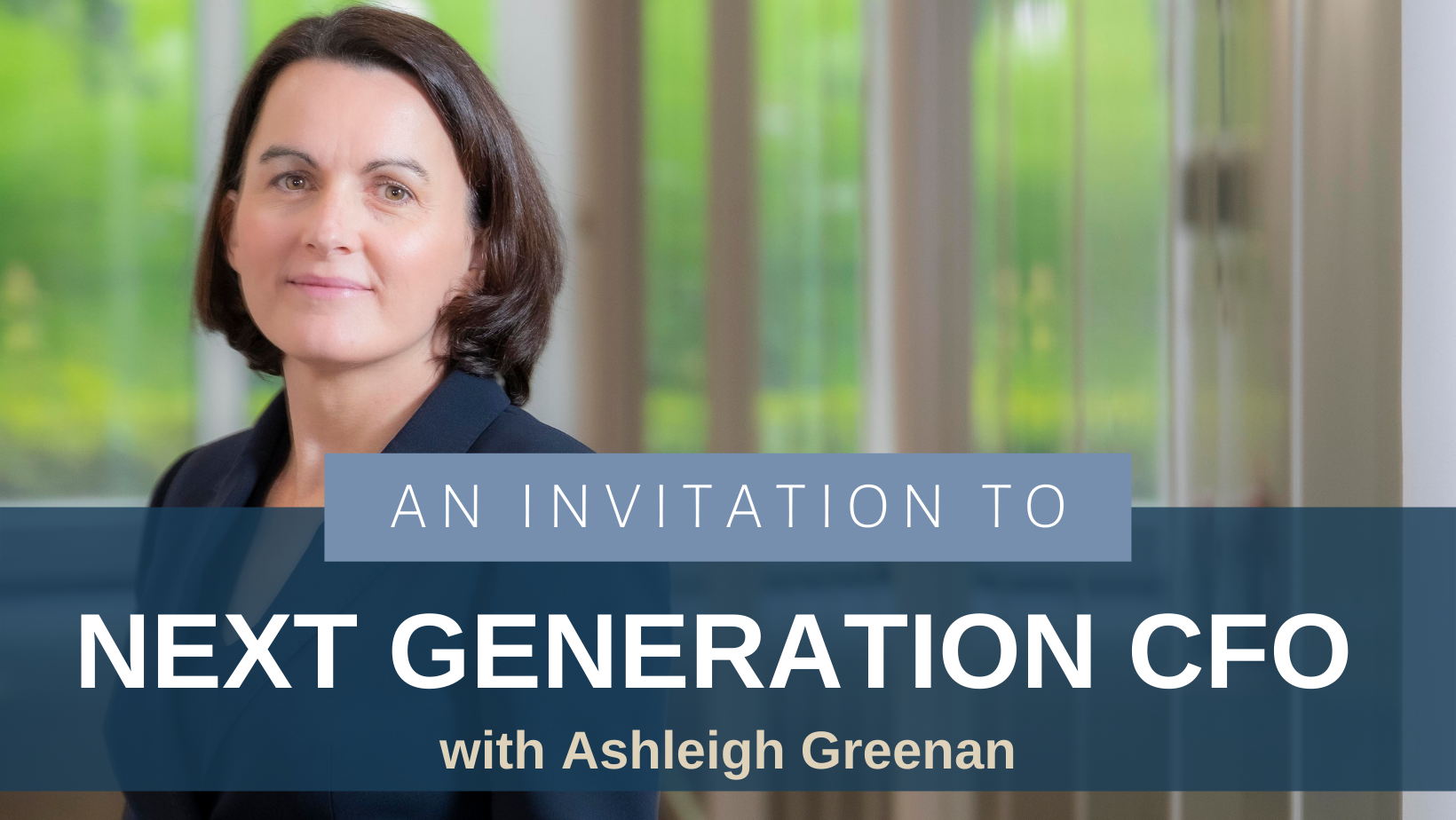Rutherford Cross recently welcomed Ashleigh Greenan, Chief Financial Officer at Calnex Solutions PLC, to speak at our Next Generation CFO Event.
Ashleigh discussed her career path to date, highlighting the important decisions which have shaped her career as well as helped to build her experience and get her to the role of CFO. Following Ashleigh’s presentation we ran a Q&A session where Ashleigh answered a number of questions from both Rutherford Cross and the audience. The Q&A covered many areas including the challenges of working through an IPO, the shifting priorities of being CFO of a listed business, how Ashleigh approaches networking and also the learning and development you gain from working in another country. You can watch Ashleigh’s full presentation here.
Q: What would you say are the top three priorities you have as being CFO of a listed business?
A: It can be hard to think of just three, but for me it’s finding the balance between my role in managing the business internally and managing external stakeholder requirements, including investor relations and reporting to the market.
With all businesses at the moment, there are a lot of competing priorities for CFOs. There is a lot of focus on ESG at the moment, as well as on managing cyber security risks. Currently, there is also the challenge of availability of talent for businesses and the global supply chain issues that are happening in the world. It’s very much a balancing of many varied priorities – the same for all CFOs – with added market regulatory governance, processes and stakeholders built in.
Q: A large part of your career at KPMG, TSB and Exova has seen you undertake highly commercial roles gaining exposure to diligence, mergers & acquisitions and business partnering. How important do you think that level of commercial exposure has been in you now carrying out the role of CFO?
A: I think it has been invaluable to me to be honest. The combination of the different types of role and experiences I’ve had previously has really helped me to gain skills that help me to understand how to get to know a new business, how to understand the various profit and value drivers within a business, and also how to best explain and present the financials of that business to someone on the outside looking in.
Q: Have you had a mentor throughout your career and if so, how important do you feel this has been to your development?
A: I haven’t had an official ‘mentor’ but I don’t necessarily think it needs to be an official set up to be beneficial. I have had so much support from people I have worked with in the past and their support and advice has been invaluable, so although I’ve not had an official mentor, in every one of my roles I have had several mentors and their guidance has certainly helped me develop a lot.
Q:You spent time in France and Australia in your earlier career. How much value do you put on spending time working in another country and experiencing different working environments?
A: It definitely helped me and was character building in a way. The two experiences for me were very different. In France I was a lot younger, and perhaps less confident in the working world so it was a very steep learning curve for me, particularly with regards to communicating in a foreign language, but it really built my confidence. My experience in Australia, as I had been working for a while by then, it allowed me to further experience working with different people and different ideas, and it again built my confidence. The opportunity of an international secondment isn’t always an option for everyone, but pushing yourself out of your comfort zone, even trying a secondment in a new team or city, can be beneficial. It’s just about immersing yourself in different situations.
Q: Do you consider yourself to be a good networker and if so, how do you go about growing and maintaining your own network?
A: In the last say five years I have appreciated that networking is a lot more important in my role than perhaps in previous roles that I’ve had before. I am naturally quite a shy person, not the kind of person who naturally takes to walking into a room with lots of people I don’t know. But that’s not the only way you can network. While I don’t mind going to those big networking events now, for me networking is more about maintaining and growing relationships with people you have met through your career or through particular projects, for example previous colleagues/senior managers and advisors, whilst developing new relationships along the way. When I joined Calnex I had to take advantage of the network around me for guidance on various things e.g. the Board and advisors, and other listed CFOs who were all there to help.
Q: What are your passions outside of work and how do you maintain a good work/life balance?
A: I have run a few half and full marathons in the past, although doing an IPO during the pandemic meant I didn’t do as much running as I did before, so am trying to get back into it. I have a close-knit family around me and work/life balance has become quite an important priority to me over the years and I try to find the right balance, although sometimes you can be your own worst enemy.
It’s really about properly putting in rules for yourself, trying to arrange to meet a friend or just doing something for yourself or with your family during the week. Calnex are particularly good at recognising we all have a life outside of work, including the CEO, which makes it easier to manage the balance.
Q: You mentioned you had wide ranging responsibilities in your role with Parsons Peebles. How did you prioritise when you took that first step up to CFO?
A: It’s very much about making sure you are asking for help at all times. I had a big team at PPG and because we had worked as a peers previously, they knew the challenge I was faced with and were an extremely supportive team when I took on the role of CFO. It was clear that we were all going to work through it together. I had a hugely supportive network around me as well. When stepping up, don’t be afraid to ask questions. Also, understand that you can’t do everything in one day. Be strict with yourself – define the priority of the day and be open and honest with everyone around you about what is achievable.
Q: Was that compartmentalisation the biggest mindset shift you had to go through in the transition from a number 2 to a number 1 role?
A: I would say so. Particularly because of the situation we were in at PPG. It was very much a case of making sure I was keeping an eye on all the risks and opportunities at the same time. It was definitely a different mindset requirement, but I’d say that across my career, working in project-type roles really helped me with this way of prioritisation. You don’t realise at the time when you are gaining that experience and how it can help in future roles. Soaking up all types of experience can be really helpful in future roles.
Q: You have achieved a lot in your career to date. Are there still more ‘boxes’ for you to tick?
A: I still feel there is a huge amount for me to learn in my current role at Calnex. We’re only really starting on the journey of a post IPO business. As Calnex grows, the business will evolve and we will be managing the business for change and growth. I’m really enjoying the role and I’m also really enjoying seeing a business go from pre to post IPO during a period of growth, so the learning curve continues for me in my current role at Calnex.
For a confidential discussion about your career in finance, or to find out more about Rutherford Cross events, contact [email protected] or [email protected]







